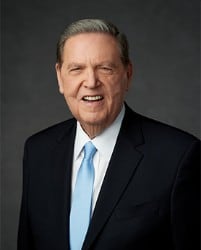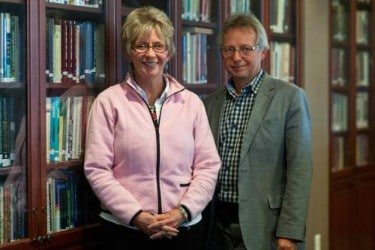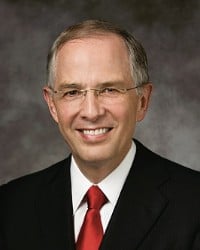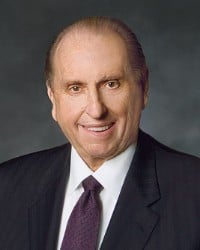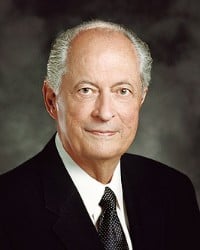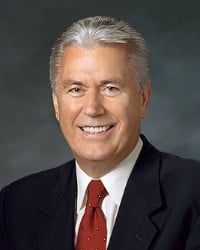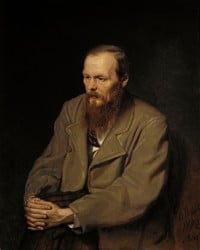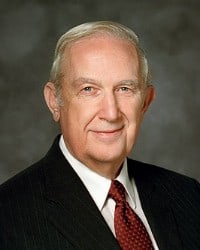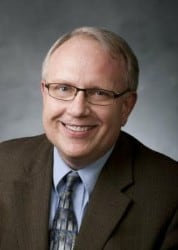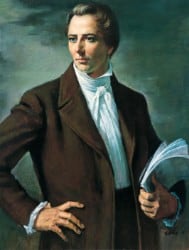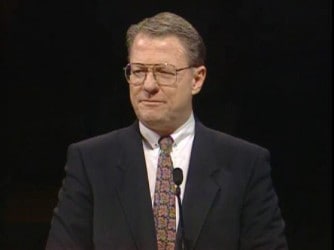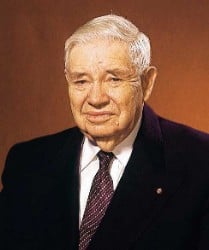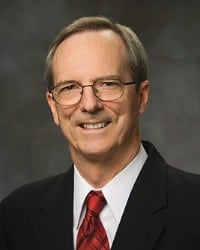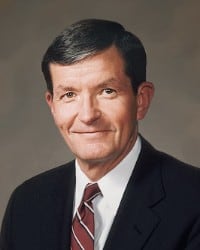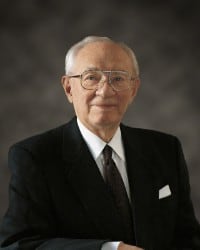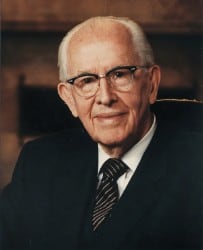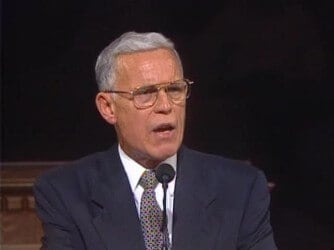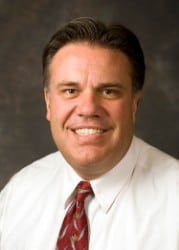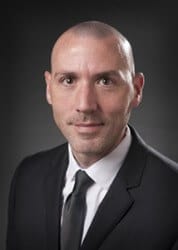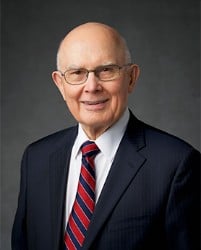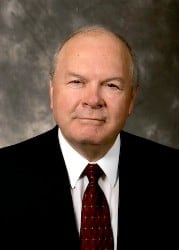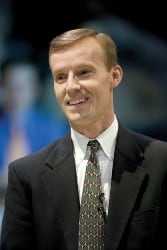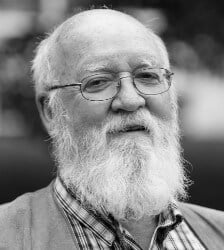It is my hope and my belief that the Lord never permits the light of faith wholly to be extinguished in any human heart, however faint the light may glow. The Lord has provided that there shall still be there a spark which, with teaching, with the spirit of righteousness, with love, with tenderness, with example, with living the Gospel, shall brighten and glow again, however darkened the mind may have been. And if we shall fail so to reach those among us of our own whose faith has dwindled low, we shall fail in one of the main things which the Lord expects at our hands.
J. Reuben Clark
| Conference Report, October 1936, p. 114
Topics: Doubt, Faith, Home Teaching, Teaching
